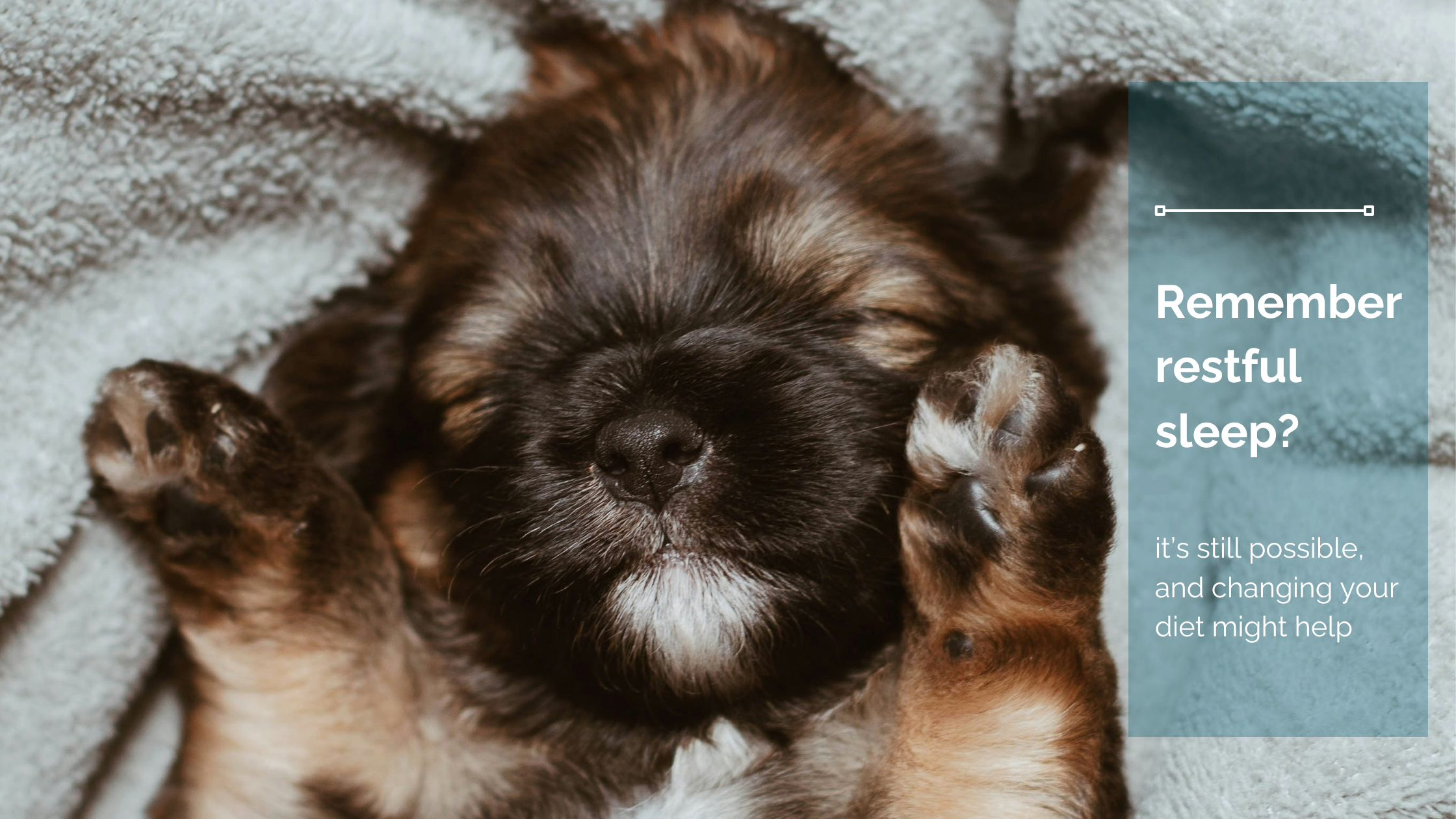Maybe you could’ve guessed how these foods harm your sleep–if you’re a midnight snacker like me. Ever paid with a groggy morning for covertly tip-toeing to the fridge for a sweet snack before bed? There are connections between sleep and diet that might just explain why.
The Impact Sleep on Food
First up, let’s explore how your sleep influences the way your body processes food. We’ll reference a fascinating study from 2008 titled “Slow Wave Sleep and the Risk of Type 2 Diabetes in Humans.” This study highlighted a crucial aspect of our sleep stages: slow wave sleep (N3 stage). It’s during this deep sleep phase that our bodies undergo physical restoration, memory consolidation, and growth hormone secretion – essential for overall health and vitality.
Imagine a group of nine young, healthy adults participating in a sleepover at a science lab. But here’s the twist: they were part of an experiment where researchers gently tinkered with their deep sleep using soothing sounds. The goal? To see what happens when deep sleep is dialed down a bit, all without cutting back on overall sleep time.
After three dreamy nights, something fascinating happened. The participants’ bodies became less efficient at using insulin. In other words, lack of deep sleep made participants less able to process sugar and increased their risk of type 2 diabetes. It shows that the quality of our sleep, especially that deep, restful phase, plays a starring role in how our bodies manage sugar. That means every night is an opportunity for some health-boosting, dream-filled sleep. So fluff up those pillows, turn down the lights, and let’s dream our way to better health.
Imbalanced Diets and Their Effect on Sleep Microstructure
Moving on to a more recent study from May 2023, titled “Exposure to a More Unhealthy Diet Impacts Sleep Microstructure During Normal Sleep and Recovery Sleep.”
The study gave one group of participants a more balanced diet and the other group a diet higher in sugar and fat. Participants then spent a week of nights in a sleep lab getting measured. Interestingly, both groups averaged the same amount of time asleep each night, but crucially that didn’t mean participants got the same amount of rest. When participants indulged in junk food, their deep sleep showed reduced slow-wave activity. And this wasn’t just a one-off occurrence; the effect persisted into the next night, even after they switched to the more balanced diet. Essentially, a diet higher in junk food led to reduced deep sleep and a subsequent loss of benefits from sleep, even when sleep lasted for the same amount of time as someone with a more balanced diet.
Breaking the Cycle
The key takeaway from these studies is clear: diet and quality sleep have strong connections.
At Northwest Integrative Medicine, we explore both the expected and unexpected causes that may be impacting your health. We would love the chance to help you feel better.
Call our front staff at (503) 855-4341 or join our New Patient Fast Track.

